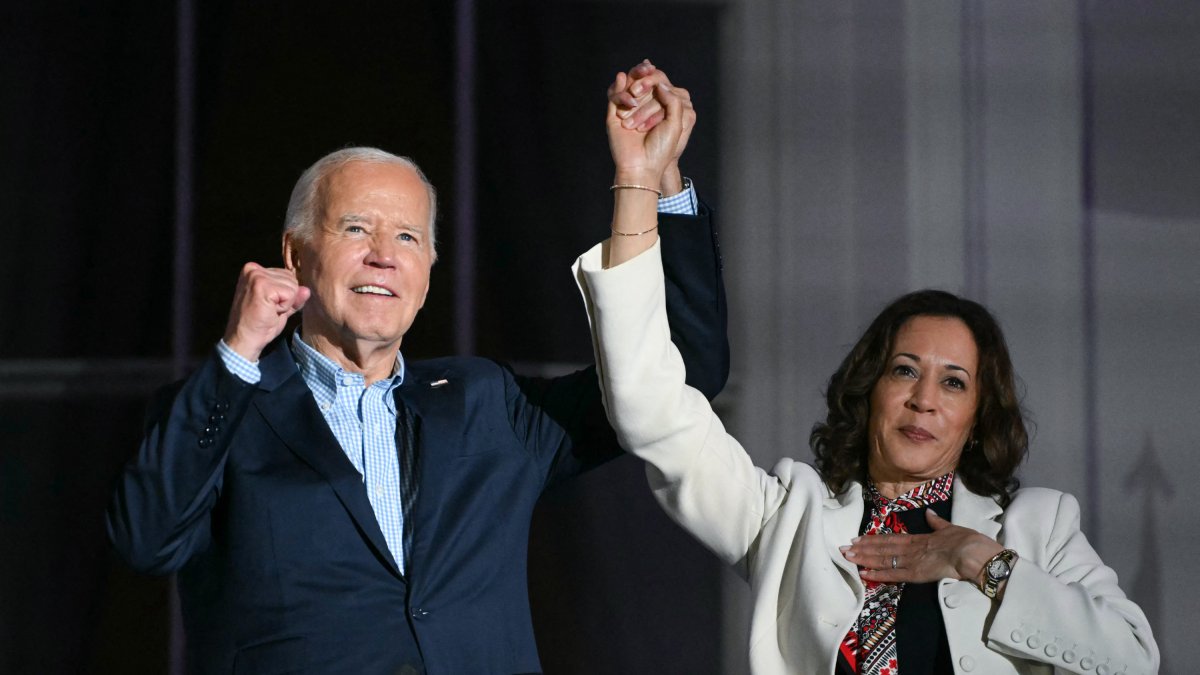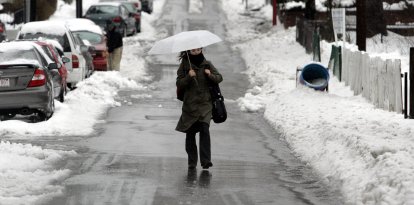The Biden-Harris administration spends $3 billion of taxpayer money to fulfill its green agenda and provide subsidies to battery manufacturers
The move is intended to reduce the country's dependence on Chinese imports of critical minerals and lithium-ion batteries. However, experts say that despite attempts to increase domestic production, the U.S. is still far from being self-sufficient in these resources.

Joe Biden and Kamala Harris at the White House.
As part of its 'green agenda' project, the White House announced it will invest more than $3 billion in grants for battery manufacturing, processing and recycling schemes nationwide.
According to the Biden-Harris administration, the move is intended to reduce the country's dependence on Chinese imports of critical minerals and lithium-ion batteries (a key component in the production of electric vehicles). However, critics stress that dependence on critical minerals (such as lithium and graphite) is a serious problem. Despite attempts to increase domestic production, the nation is still far from being self-sufficient in these resources.
Secretary of Energy Jennifer Granholm defended the investments during a press conference, stating that the goal is to reduce dependence on competitors such as China, which currently dominates the global lithium and battery market. According to Granholm, the Biden administration wants the U.S. to be able to supply a quarter of the world's lithium by 2030.
Dependence on China
China currently leads the world in lithium-ion battery production and much of the U.S. supply of these products comes directly from the Asian country. In 2023, 70% of lithium-ion battery imports came from China and that percentage has increased to more than 80% during the first half of 2024.
Lael Brainard, director of the White House National Economic Council, said the administration is using "every tool at its disposal" to combat dependence on China, from grants and loans to tax credits. However, to do this, the adminstration is also imposing higher tariffs that could have adverse consequences for consumers and businesses.
The federal government's goal hardly seems credible. The January 2024 report by the Atlantic Council, a renowned Washington-based think tank, warns that a reduction in the supply of lithium-ion batteries from China would severely affect the production capacity of strategic defense systems.
An already failed project
The White House announced that this second round of federal funding will support 25 projects in 14 states. However, based on the first round of funding, which allocated $1.8 billion in 2022, some projects encountered issues during negotiations. Talks for the second round are expected to conclude by January 2025.
Taxpayers will continue to bear the brunt of these policies as their taxes will be used in the name of "green energy."
























